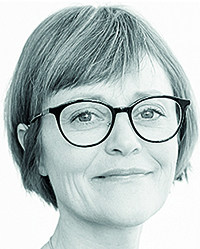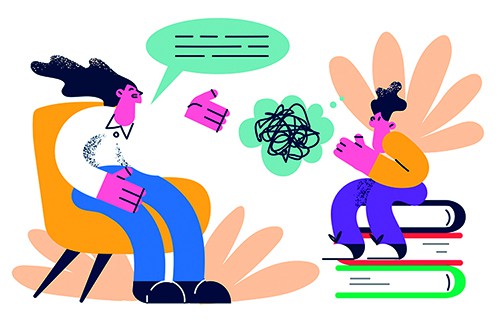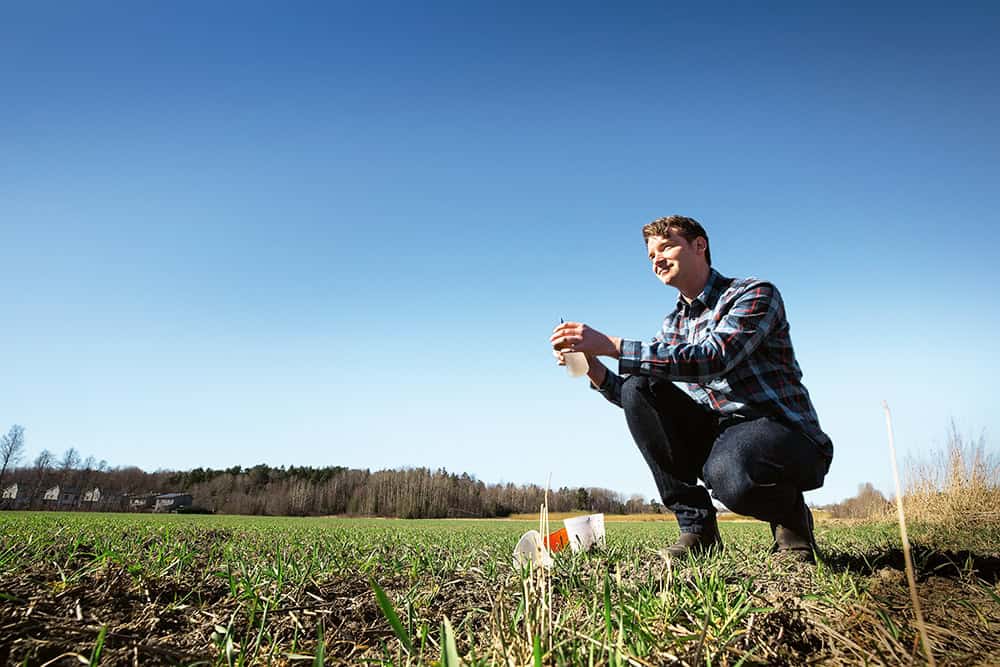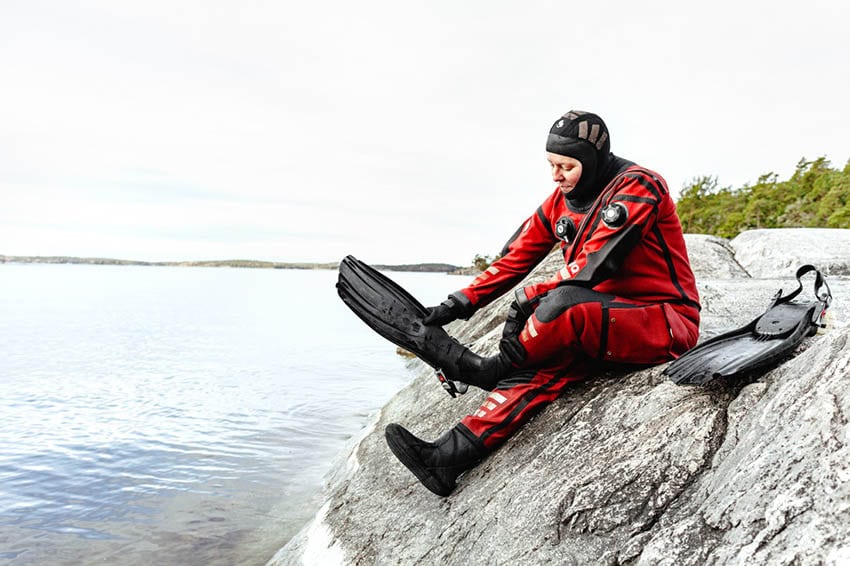“We need to be better at understanding our own supervisor training by using examples in research contexts, or seeing how participating researchers can write research contributions based on situations they are involved in themselves,” says Petra Angervall, editor-in-chief of the Journal of Praxis in Higher Education, which this autumn published a special issue on doctoral candidate supervision.
She is also a professor of educational work at the University of Borås.

Petra Anbervall
Editor-in-chief of the Journal of Praxis in Higher Education
Both participants and teachers on the university’s supervisor training course have contributed articles to the journal, as well as international experts on research supervision. “The special issue shows how complex and difficult supervision is, and that supervisors require many layers of competence and experience and need to be both curious and engaged.
Angervall emphasises that supervision and other collegial review are the foundation for quality assurance within academia. “It’s not about using a certain technique or a checklist with boxes to be ticked, but a process where two or more people strive together to develop what we call knowledge. It’s a process that takes time.”
In Angervall’s view, doctoral candidate supervision should mean learning within academic freedom, an arena for discussion of scientific matters without excessive control.
“The doctoral candidate must be given room to experiment and be creative, and the supervisor must have the courage to show vulnerability.”
She also believes that the process needs to be based on a common interest between the supervisor and the doctoral candidate, otherwise the engagement and commitment required through the whole doctoral programme will be lacking.
“The doctoral candidate must be given room to experiment and be creative, and the supervisor must have the courage to show vulnerability.”
As a supervisor herself, she is usually very active during the first two years of a doctoral candidate’s programme. She helps with everything from constructing questionnaires to showing how researcher networking works. “I build a platform together with the doctoral candidates that they can gradually free themselves from and thus create their own projects.”
Things to think about when you are a supervisor
- There needs to be a shared interest in the content of the project.
- – Supervision requires continuity and trust.
- Difficulties are a normal part of the process.
















